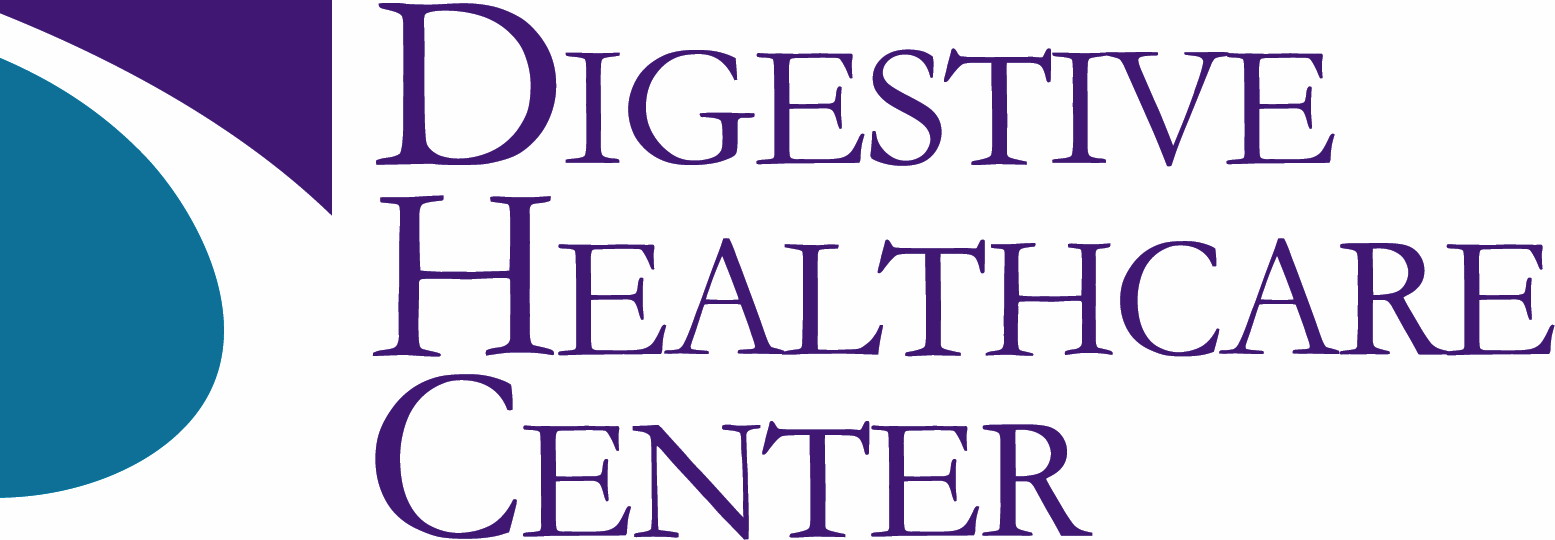What is Crohn’s Disease?
Crohn’s disease is a type of inflammatory bowel disease that causes chronic inflammation of the gastrointestinal tract. It can affect any part of the GI tract but most commonly affects different areas within the colon or the last part of the small intestine. Inflammation does not have to be consistent throughout the entire digestive tract – there are often normal areas of the intestine between those affected by inflammation. There is no known cure for Crohn’s disease, but lifestyle changes and therapies can work to reduce signs and symptoms. At Digestive Healthcare Center, our physicians work with patients with Crohn’s disease to help them find relief and manage their symptoms.
What are the Causes of Crohn’s Disease?
As with inflammatory bowel disease in general, the causes of Crohn’s disease are unknown. The immune system and hereditary factors are thought to play a role, and the disease is more common among those with a family member who is affected. Stress and diet are also thought to aggravate symptoms but are not direct causes of Crohn’s disease.
What are the Symptoms of Crohn’s Disease?
As they both fall under the umbrella of inflammatory bowel disease, Crohn’s disease shares many symptoms with ulcerative colitis. The severity of symptoms depends on the severity of the inflammation. You may experience symptoms such as:
- Abdominal pain and cramping
- Bloody stool
- Reduced appetite
- Diarrhea
- Fatigue
- Fever
- Unintended weight loss
In addition, Crohn’s disease and ulcerative colitis cause similar symptoms found in other conditions, such as irritable bowel syndrome. Your gastroenterologist will perform specific tests and procedures to determine the cause of your symptoms and follow the right treatment path.
How is Crohn’s Disease Diagnosed?
No single test diagnoses Crohn’s disease – your doctor will likely utilize a combination of tests to reach a diagnosis. Blood tests may be used to check for anemia or signs of infection, while stool tests check for hidden blood or parasites in the stool. A colonoscopy allows your doctor to view the entire colon and take tissue samples to test for inflammatory cells, which would point to a diagnosis of inflammatory bowel disease. CT scan and MRI may also be used to evaluate certain areas of the bowel wall and small intestine.
How is Abdominal Bloating Treated in NJ?
There is no cure for Crohn’s disease, but treatments can decrease inflammation and relieve symptoms. Medications for Crohn’s disease can have many different purposes – some decrease inflammation, while others reduce the activity of your immune system. Certain medications can also help with specific symptoms. Your doctor may also discuss common triggers for your flare-ups, which can lead to eliminating certain foods from your diet. What works best can vary from person to person. A treatment plan for Crohn’s disease may include different surgical methods. For a bowel resection, the damaged portion of the digestive tract is removed, and then the healthy ends are attached. In some cases, a stricturoplasty may also be performed. During this procedure, the narrowed areas of the intestine are surgically opened. Removing the damaged parts of the digestive tract serves to reduce symptoms when other treatment methods are not working.
Management of Crohn’s Disease Symptoms in NJ at DHC
Crohn’s disease can impact your daily life, which is why it is so important to work with a gastroenterologist to learn more about the condition and how to manage it so you can live a happier and more comfortable life. At Digestive Healthcare Center, our physicians have years of experience diagnosing and treating all forms of inflammatory bowel disease, including Crohn’s disease. They will work with you to formulate a personalized treatment plan. To learn more about the digestive health conditions we treat or to schedule an appointment at DHC, please contact us today.
Comprehensive and Compassionate Gastroenterology Care in NJ
Digestive Healthcare Center serves patients at our three office locations in NJ, and we are proud to offer virtual telemedicine appointments so you can speak to one of our physicians from the comfort of your home. The variety of procedures we perform help those in NJ find relief from common digestive health conditions and learn how to live a healthier life.
